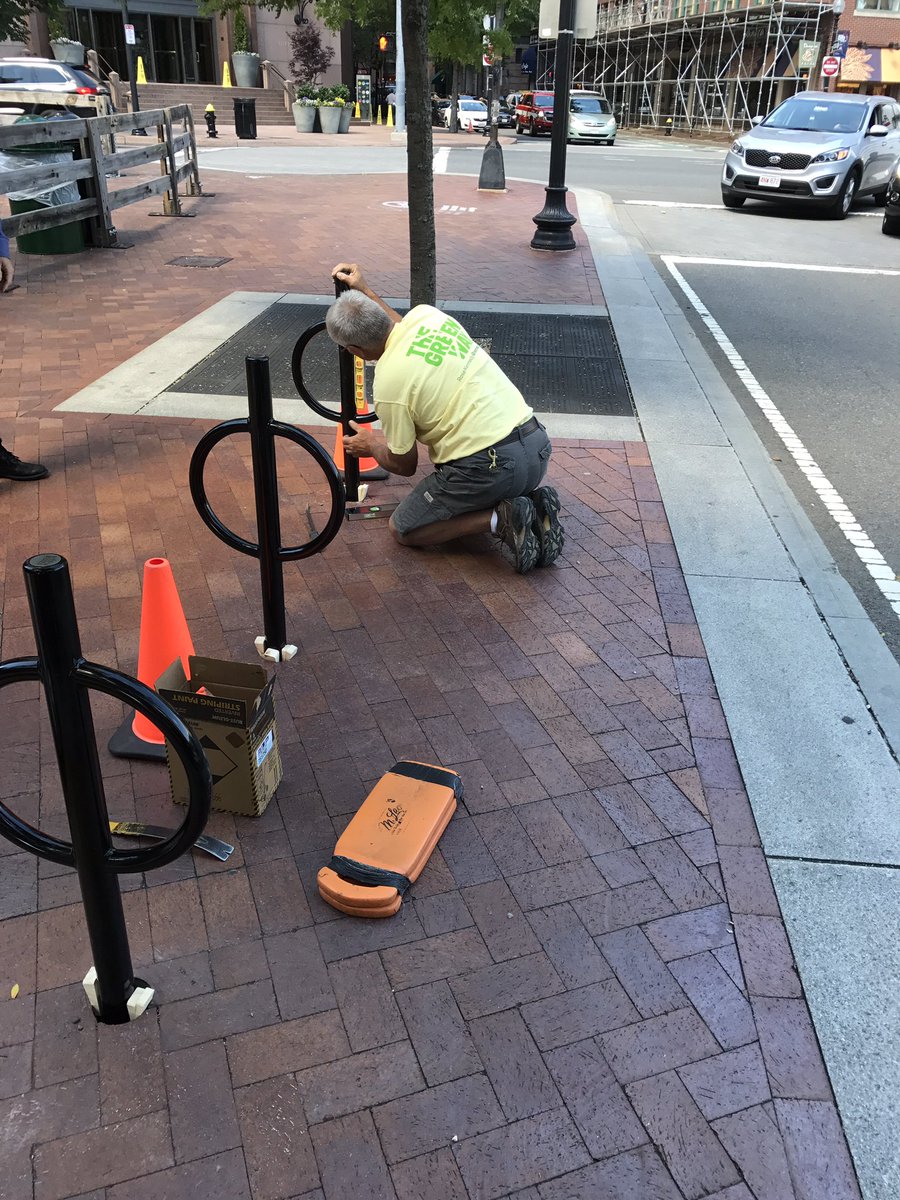Sure, where it is a win-win do it. But where you just spent tens of billions of dollars on transportation infrastructure don't throttle the surface roads right next to the on and off ramps unless it actually makes sense to do so for transportation reasons.
The issue that I take with the let's make everything else better and car transportation worse approach is that it is based on the faulty premise that car transportation is inherently bad and that it is somehow going to go away when there is very little rationality to either prejudice.
All modes of transportation have pluses and minuses, which is why we have those forms of transportation and not just trains, not just bicycles, not just cars, not just side walks.
No modern city exists or has existed without cars. And before cars we had horses and horse drawn carriages filling the role of cars and most cities were much smaller. Even Manhattan has cars despite a very dense and well laid out subway grid.
Certainly there are places where it makes sense to close streets and make them more walk able. Lane reduction on the Greenway is one of those suggestions that seems purely anti-car for the irrational sake of being anti-car.
Off-topic, I guess, but since you're talking about it: Cars are demonstrably worse in many ways, for a variety of externality reasons, which give ample motivation to eliminate lanes.
- The pollution, which is not fully borne by gasoline taxes; people get asthma and a host of other public health problems in ways that walking/biking/transit do not cause.
- They are inherently anti-social vehicles that produce people with bunker-like or pod-like mentalities that manifest in a number of ways, not least of which is road rage. Get a rational person behind the wheel of a car, and see how quickly their behavior resembles that of a sociopath.
- They are part-and-parcel of unsustainable land use patterns that simply would not exist *without* automobiles. These land use patterns include energy usage way off the charts compared with other transportation and land use patterns.
- This energy usage includes gigantic infrastructure needs that cost more per capita than urban (or strictly rural) energy usage. Get rid of the mortgage interest deduction on income taxes, and we might start to have a solution to these costs.
- The above items feed into the additional problem of social isolation and sorting of people into class/income/race based geographic areas with not enough integration.
- Higher incidents of safety problems - lots of people die because of motor vehicle collisions. It's typically one of the highest causes of death, especially for young people.
- Wars for fossil fuels, which I suppose can be solved by electrification, presuming the electricity comes from renewable/domestic sources, notwithstanding past damage already inflicted.
- Climate change, which can presumably be solved as well by electrification, notwithstanding past damage already inflicted.
- Parking costs ($$$, environmental damage, waste of urban space, etc.)
I'm sure there are more, but this is a good list for starters.
Edit: I edit to note that some will assume full automation/electrification/ridesharing of cars will effectively solve most of the above. I suppose we shall see on that, but past damage, infrastructure costs, and ant-social tendencies (and sorting/isolation) will remain in the least.

